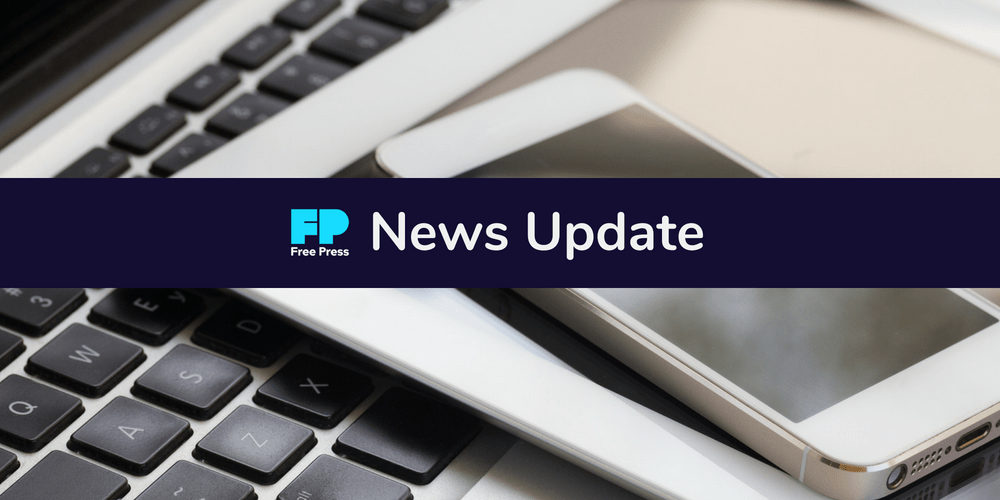The Latest FCC Lifeline Proposals Are Part of Chairman Pai's Relentless War on the Poor

WASHINGTON — On Monday, Free Press condemned the Federal Communications Commission for waging war on the poor as the agency moved forward with a proceeding to deny essential broadband and telephone subsidies to low-income people.
In comments filed as part of several FCC rulemaking proceedings on the Lifeline program, which offers modest subsidies to poor households seeking more affordable access to communications, Free Press questioned the sincerity of FCC Chairman Ajit Pai’s alleged desire to connect low-income communities.
“The [rulemaking] is merely a feint,” wrote Free Press. “While claiming to improve program integrity, it would instead significantly constrain the Lifeline program by placing arbitrary burdens on low-income people.”
Free Press is especially concerned with two proposals. One would retool the program to preference those who would only adopt broadband with Lifeline support by asking fully eligible people invasive questions to further justify their need. The other proposal would require carriers to charge a fee on handsets received at the time of enrollment, even if the mobile providers would typically provide those devices free of charge to customers.
“In both cases, the Commission’s proposals threaten to further shrink the Lifeline program by reducing eligible enrollment, cruelly and arbitrarily denying universal service support to low-income families that the Lifeline program is meant to serve,” Free Press wrote.
Since 2016, the Lifeline program has seen a sharp decline in its participation rate (the percentage of eligible households taking the subsidy), from a peak of 32 percent to approximately 18 percent by the end of 2019. In the third quarter of 2019 alone, Lifeline lost 1.7 million subscribers, or a 20-percent decline in the total number of Lifeline subscriptions.
Free Press Policy Manager Dana Floberg, who co-authored the organization’s comments, made the following statement:
“The FCC’s Lifeline proposals are part of Chairman Pai’s relentless war on the poor. At best, they are unnecessary and represent an arbitrary burden on low-income families. At worst, they’re a wanton abdication of the agency’s foundational purpose and its statutory directive to promote the universal availability, affordability and adoption of communications services.
“The FCC’s proposal to promote adoption for only those who say they most need Lifeline is nonsense. It pits poor people against each other to prove who’s most worthy for access. Preferencing one group of eligible Lifeline subscribers above others would fail to uphold the FCC’s universal-service mandate and force people in need to justify their request for support. This kind of double-means testing is cruel and also betrays the FCC’s fundamental lack of understanding of the economic challenges all poor people face.
“But that’s not all. The Pai FCC also seeks to prohibit participating carriers from offering free phones to users. This shoddy approach would do nothing to improve program efficiency and would only hinder Lifeline’s effectiveness by further penalizing potential subscribers.
“Throughout this proceeding, the Commission has failed to present any evidence to demonstrate the problems it claims to be solving, or to offer any rationale on how its proposals would improve Lifeline. If the agency adopts these proposals, the net effect would be to shrink the Lifeline program by severely limiting enrollment and arbitrarily denying support to eligible low-income families.
“The Pai FCC’s proposals are part of the Trump administration’s broader attack on critical social-welfare services and the communities that depend on them. The Commission should abandon this harsh plan and instead ensure the Lifeline program is fully equipped to meet the communications needs of all who qualify, not just the diminishing handful of eligible participants remaining in the program today.”